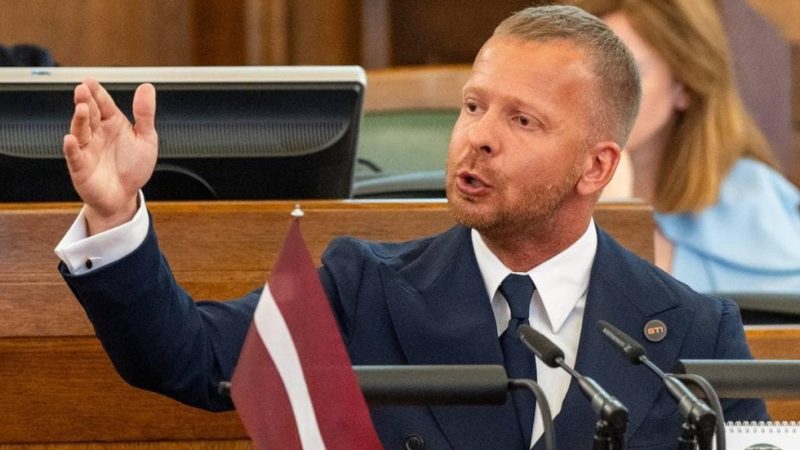
A recent event in the Latvian parliament, the Saeima, has sparked controversy and raised questions about linguistic policies within the EU. A Member of Parliament (MP) was expelled from a parliamentary session for speaking Russian, a decision that has ignited debate about language restrictions and political representation.
The Saeima recently implemented new rules mandating the exclusive use of Latvian during parliamentary proceedings. This move, while aiming to uphold the Latvian language and national identity, has drawn criticism for potentially marginalizing representatives who may not be fluent in Latvian or who wish to communicate with constituents who primarily speak Russian.
The expulsion of the MP highlights the complexities of balancing national identity with the rights of minority language speakers. While promoting the official language is understandable, critics argue that excluding other languages entirely could hinder effective communication and participation in democratic processes. The incident underscores the need for a more nuanced approach, one that respects national linguistic identity while also ensuring inclusivity and effective representation for all citizens.
The incident has also raised concerns about potential violations of minority rights and the broader implications for multilingual societies within the European Union. Many are questioning whether such strict language regulations are compatible with the principles of inclusivity and equal participation often promoted within the EU framework. The debate is far from over and is likely to continue as this incident raises important questions about language policy and its impact on political representation.
Going forward, this event serves as a stark reminder of the challenges in navigating language diversity within a political system. Finding a balance between promoting national languages and ensuring inclusive representation for all citizens remains a crucial task for many nations, particularly those with significant linguistic minorities. The Latvian parliament’s actions will undoubtedly spur further discussion and analysis on how best to address these complex issues.










